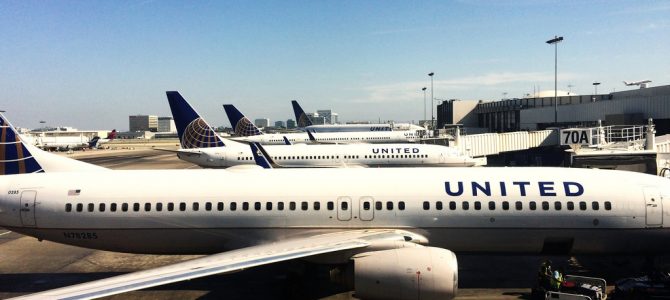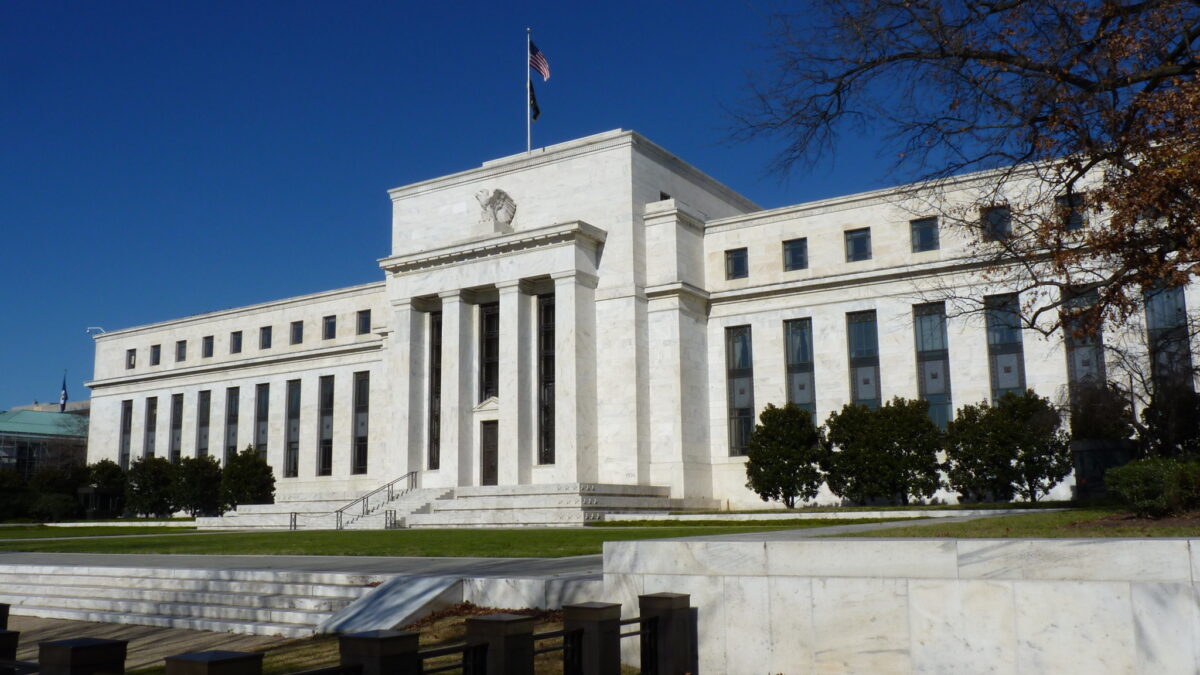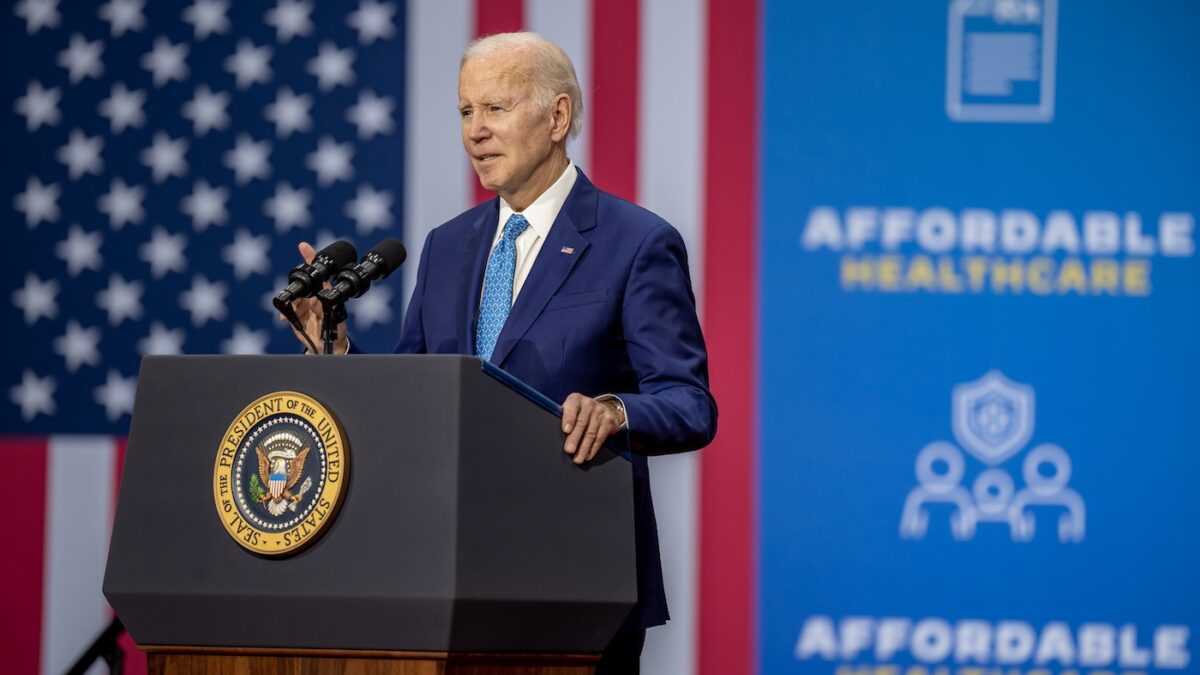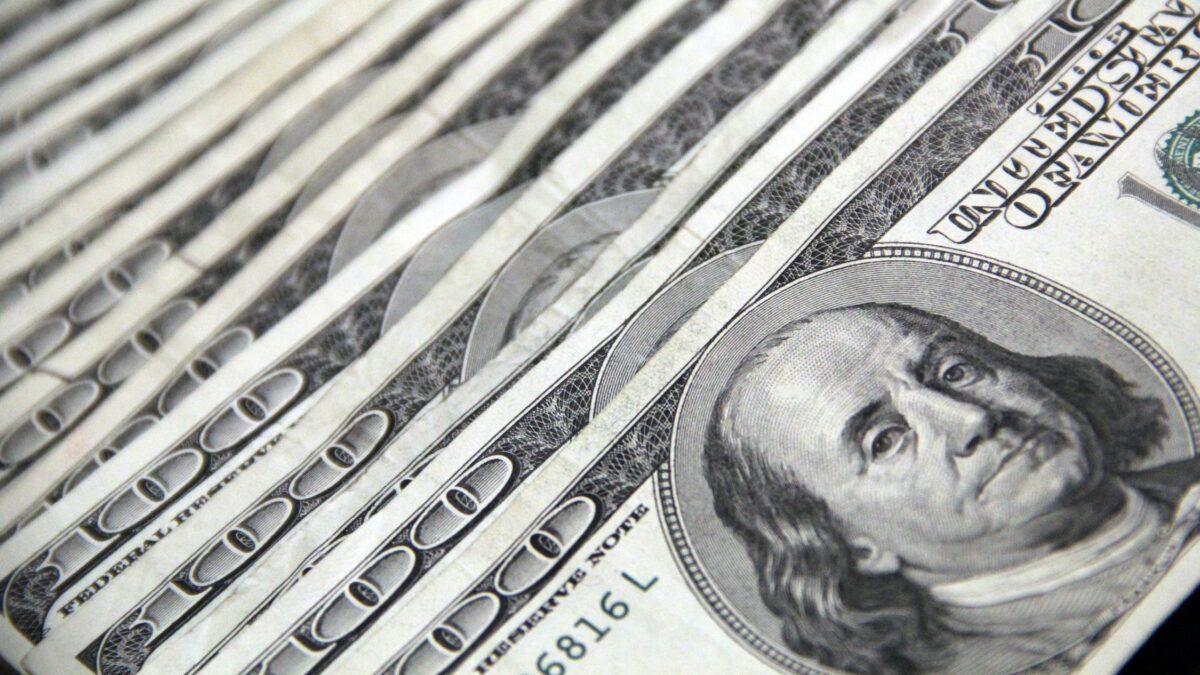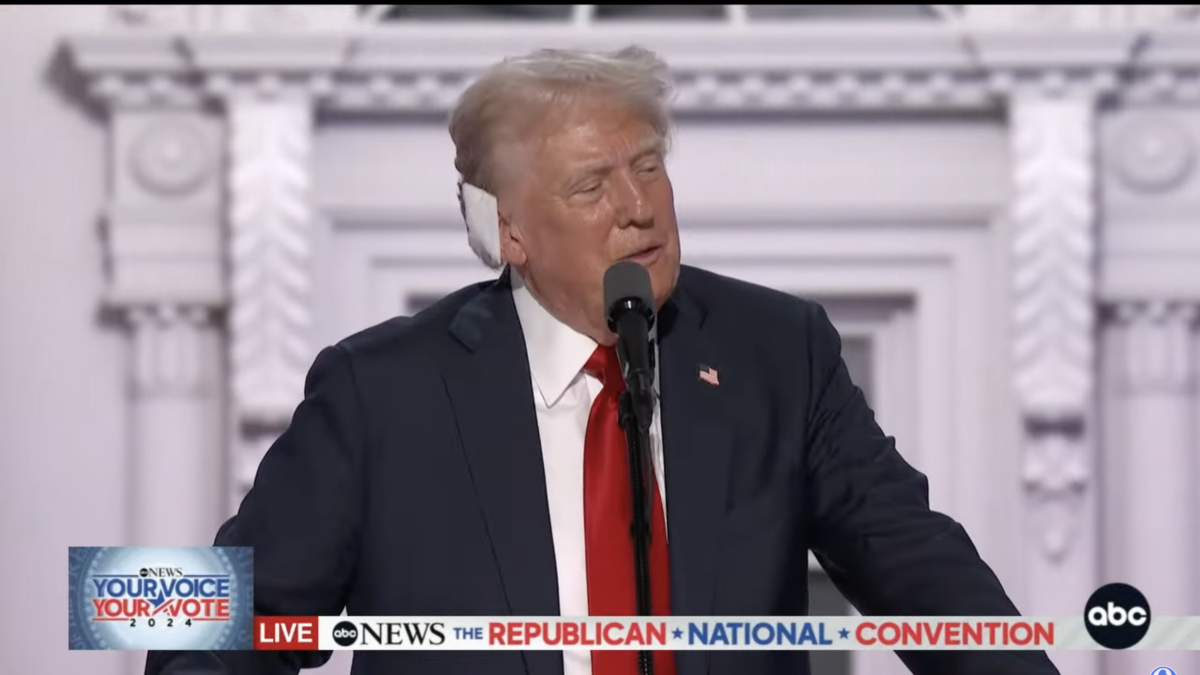If there was one thing that 2016 taught me, it was Americans’ widespread ignorance of basic economics. Socialism fails all around the world, but people keep being attracted to it, no matter how many pictures of recently wealthy, now starving Venezuelans are passed around. Candidate Bernie Sanders rallied the troops with talk of free goods and services, as if there is any such a thing as a free good whose cost will not be borne somehow. The problem with non-market economies is that the costs end up being inefficiently set and non-responsive to people’s desires.
Over on the Republican side of the ledger, you had candidate Donald Trump, who liked to note his economic views weren’t all that different from those of the socialist Sanders. His haranguing about the trade deficit led people to cast aspersions on trade itself, despite the economic benefits it clearly provides. If you want proof of failing schools, just consider the widespread ignorance of this basic concept — known for a long time but beautifully laid out by Adam Smith in 1776’s “Wealth of Nations.”
Anyway, United Airlines, which has been deteriorating in quality for many years, is in a bit of social media trouble today for this:
@United overbook #flight3411 and decided to force random passengers off the plane. Here’s how they did it: pic.twitter.com/QfefM8X2cW
— Jayse D. Anspach (@JayseDavid) April 10, 2017
United has confirmed that they overbooked the flight and dragged a passenger off when they didn’t get enough volunteers. United had previously offered money — up to $800 — for passengers to voluntarily get off the flight. The passengers who needed to be seated were United employees who needed to get to another destination in order to work a flight there, apparently. But when $800 wasn’t enough to get volunteers, they used a computer model to randomly select people for removal. A man seated on his flight with a ticket he paid for was then removed forcibly. Now they’re facing a social media backlash as a result. Here’s United’s response:
“Flight 3411 from Chicago to Louisville was overbooked. After our team looked for volunteers, one customer refused to leave the aircraft voluntarily and law enforcement was asked to come to the gate. We apologize for the overbook situation. Further details on the removed customer should be directed to authorities.”
People already are upset with how undignified air travel has become, even if it is relatively cheaper than air travel decades ago. United was also recently embroiled in a (frankly stupid) public relations problem for enforcing its employee dress code on girls who were flying on employee passes. Now this. Being dragged off a plane by brutish security guards for the crime of purchasing a ticket and taking your seat when the airline boarded is something that just doesn’t look good.
But why didn’t United just do the simple thing of understanding that the money it was offering was insufficient and needed to be raised? Laura Begley Broom just wrote in Forbes, “Why Delta Air Lines Paid Me $11,000 Not To Fly To Florida This Weekend.” She was caught up in the recent storm-caused travel delays. While Delta tried to take volunteers for lower amounts, she and her husband negotiated a better deal for their first flight delay. Then they did it again for a second delay. Then they negotiated an additional $1,000 per family member to cancel their trip altogether.
Each step of the way, according to Broom, Delta understood that giving this family nearly $4,000 cash money was cheaper than dealing with an untenably complicated situation.
United should have simply started offering more money. If $800 wasn’t enough, what about $1,000? If $1,000 wasn’t enough, how about $1,200? They were receiving real-time information about price setting and they weren’t responsive to it. Every passenger has a price point at which he or she is willing to disembark a given plane. For some passengers, they need to get to a funeral and the price will be high. For others, they might not even want to be making the trip and can be bought for much cheaper. United needed to find the passenger with the lowest price point. The way to do that would have been to make incremental offers until they found it. Now they’ll suffer much more through negative public relations and earned bad media. A bit of knowledge of economics might have helped them.
